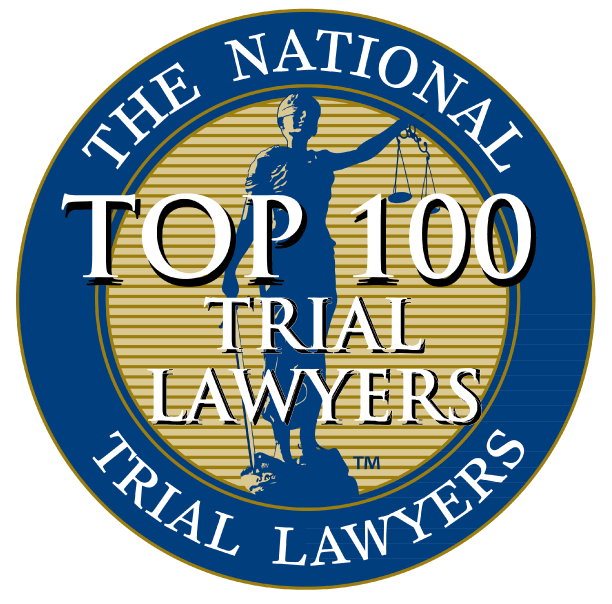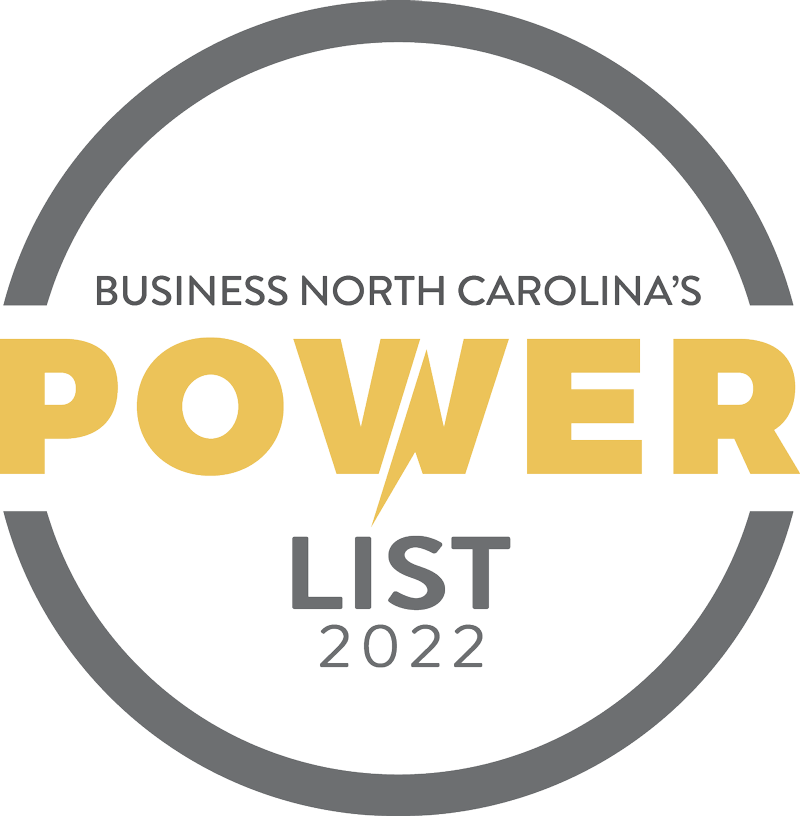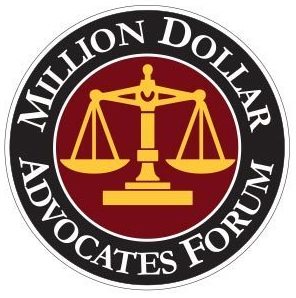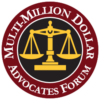Renewable Energy and Solar Fraud
There is an urgent need for whistleblowers in these growing industries.
There is an urgent need for whistleblowers in these growing industries.
One of the more puzzling types of fraud against the government is fraud regarding renewable energy. It’s not puzzling from a legal perspective – billions of taxpayer dollars are bound to attract fraudsters. The puzzling part is how few whistleblowers step forward. Solar fraud, for example, can happen frighteningly often in the consumer realm, and is one of the most publicized forms of renewable energy fraud against the government.
Most people are probably familiar with solar company fraud. Solar may be the most mainstream of renewable energy sources, and there are companies at every point in the design and production processes getting loans and grants from the federal government.
High-profile cases such as the Solyndra bankruptcy scandal and more recent settlements with SolarCity underline an industry where fraud is not only happening, but likely costing taxpayers hundreds of millions of dollars. And that’s just the fraud we know about.
The truth is that solar is only a portion of the renewable energy movement being subsidized by taxpayer money. Things like wind power and biofuels also receive significant funding, and are not immune from the presence of fraud.
As with most types of fraud against the government, renewable energy fraud often involves getting the government to pay for something it doesn’t get. There are countless nuances, but here are a few general examples:
There are undoubtedly more examples, some of which may not even fall into those categories. Whistleblowers are extremely valuable to the government and taxpayers because they often have specialized knowledge, context, and access to information that no one else has.
If you think you’ve noticed fraud, talk to an energy industry whistleblower attorney about it. We can help you analyze the situation. If it’s nothing, then no harm, no foul. If it’s fraud, we can help you try to stop it.
Sadly, this is an area of government fraud that we suspect is growing rapidly. There are several cases below to give context.3 While only one qui tam case was filed, the opportunity was almost certainly there in the others – someone knew of the fraud as it was happening, if not before. If people stepped forward and these became successful cases, they could have earned up to 30% of the government’s recovery.
When Solyndra received more than $500 million in taxpayer dollars from the Department of Energy, it failed to report crucial information – or reported false information to the DoE in applying for the funds. The full investigative report, completed years later, underlines the vital importance of whistleblowers for two reasons.
Prior to being acquired by Tesla, SolarCity was accused of falsifying reports of the cost of its solar energy properties and, therefore, receiving an inflated sum of government grants. The government’s program, in essence, provides grants to offset the costs of constructing or acquiring solar energy systems. In this case, SolarCity was alleged to have inflated their costs in order to increase the amount of government funding.
Wind energy is another area of serious investment from both private and government sources. WESREP, Inc., paid nearly $400,000 to settle allegations that, like SolarCity, it inflated its costs in order to obtain more money in government grants. The allegations stated that the company may have inflated its costs by more than 400% while concealing its actual costs. In essence, the company was allegedly having the government pay 100% or more of its costs, rather than 30%.
In what is thankfully a case of a whistleblower calling out fraud, E-Biofuels and its co-conspirators defrauded the government by claiming tax credits from the production of biofuels when they were, in fact, making those claims on biofuels they obtained from other sources who already received those credits.
The whistleblower in the case blew open a scam that cost the government millions, and resulted in several fraudsters in prison. He could receive up to 30% of the $69.6 million judgment.1
In a case as bizarre as it was expensive, several members of a family have been convicted of, or pled guilty to, defrauding the government of more than $1 billion in biofuel credits over the course of many years. The Washakie Biofuels plant was capable of producing some product, but nowhere near what it claimed biofuel credits for.
It’s a monumental case of fraud, but unlike the Solyndra case, the government did win a judgment against the company and its criminal enterprise of $511 million in penalties and restitution. While the government may not recover that sum entirely, we can only wish a whistleblower had brought the fraud to light. They may have been entitled to up to a $153.3 million award.
Having an experienced energy industry whistleblower lawyer on your side is important. There are multiple laws and agencies that you can use to file a whistleblower claim, but we suggest the first call be to one of our Carolina Whistleblower Attorneys because:
Call us right away at 1-888-292-8852 for a free and discreet case evaluation, or use our secure online contact and we’ll reach out to you. Follow our best practices for whistleblowers if you’re not sure what your next move may be. We’re ready to put our decades of combined experience with whistleblower cases to work for you.4
“Bill has the ability to ‘think outside the box’…which makes him extremely effective as an advocate for his clients.” 1 — Attorney who previously worked with Bill
“John is an excellent attorney who has extensive experience handling cases in both State and Federal Court.” 1 — fellow lawyer who recommends Carolina Whistleblower Attorney John Warren






If you’re wondering if it’s a good idea to speak with a whistleblower lawyer about what you know, let us set the record straight.
"*" indicates required fields